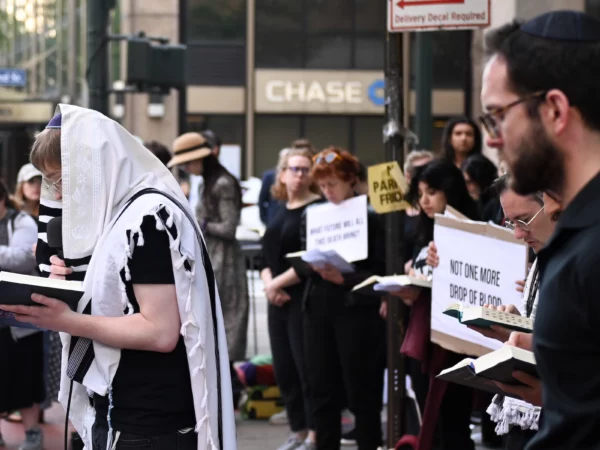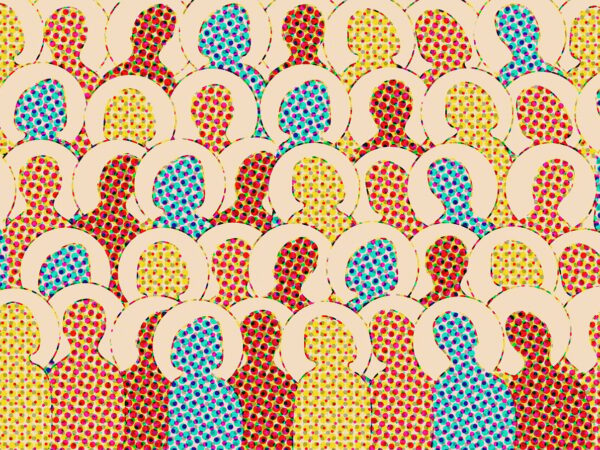
Ubik illuminates what is at stake for the human reimagined as human capital through these transitions, an alienation that expands beyond Joe’s struggles with his apartment door to encompass the deformation of the boundaries of reality itself as he investigates in a world whose ontological foundation has become fluid—commodities are regressing into earlier instantiations of their core use value, and the plot never entirely confirms for us whether it is Joe or his employer who exists in the state of cryonic suspended animation after bodily death that the novel names half-life.

The grass seemed greener in Orthodoxy, I’ve realized, because my yearning for authenticity and escape reflected a structural lack embedded in late capitalist dystopia… Today, it seems to me more honest to learn to live with this lack, than to imagine that any faith, flag or folkway can fully fill it.

If we put Amos’ critique in more contemporary language, the “trampling” and “levies of grain” decried in 5:11 are the twin burdens of rents and fees, which often led to cycles of impoverishment and debt slavery. The lifestyles of the rich are financed by extracting from the poor.








